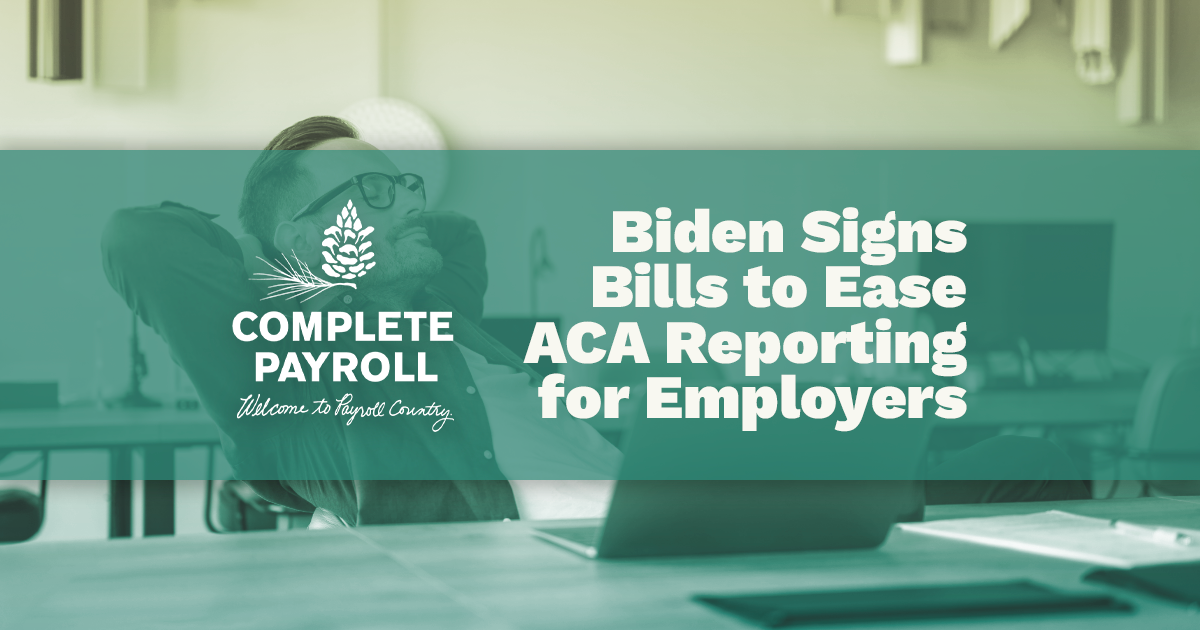Federal Computer Employee Exemption
Overview of Law
To be properly qualified as exempt a computer employee must pass three tests: They must perform certain specific duties; they must be paid the minimum salary for exempt employees as designated by the Department of Labor or at least $27.63 per hour; if they are paid a salary (rather than $27.63+ per hour), then they must be paid on a salary basis, meaning they’ll make the same amount every week regardless of how many hours they work, or the quantity or quality of their work.
Computer Employee Duties Test
The employee’s primary duty must consist of:
- The application of systems analysis techniques and procedures, including consulting with users, to determine hardware, software, or system functional specifications;
- The design, development, documentation, analysis, creation, testing or modification of computer systems or programs, including prototypes, based on and related to user or system design specifications;
- The design, documentation, testing, creation, or modification of computer programs related to machine operating systems; or
- A combination of the aforementioned duties, the performance of which requires the same level of skills.
The computer employee exemption does not include employees engaged in the manufacture or repair of computer hardware and related equipment.
The Fair Labor Standards Act (FLSA) establishes minimum wage, overtime pay, recordkeeping, and youth employment standards affecting employees in the private sector and in Federal, State, and local governments. Read the basic requirements of the FLSA here.
Got a labor law question?
Our team helps employers with labor law compliance every day. Complete the form below to ask a question or request some help.
General Disclaimer
The materials and information available at this website and included in this blog are for informational purposes only, are not intended for the purpose of providing legal advice, and may not be relied upon as legal advice. The employees of Complete Payroll are not


















